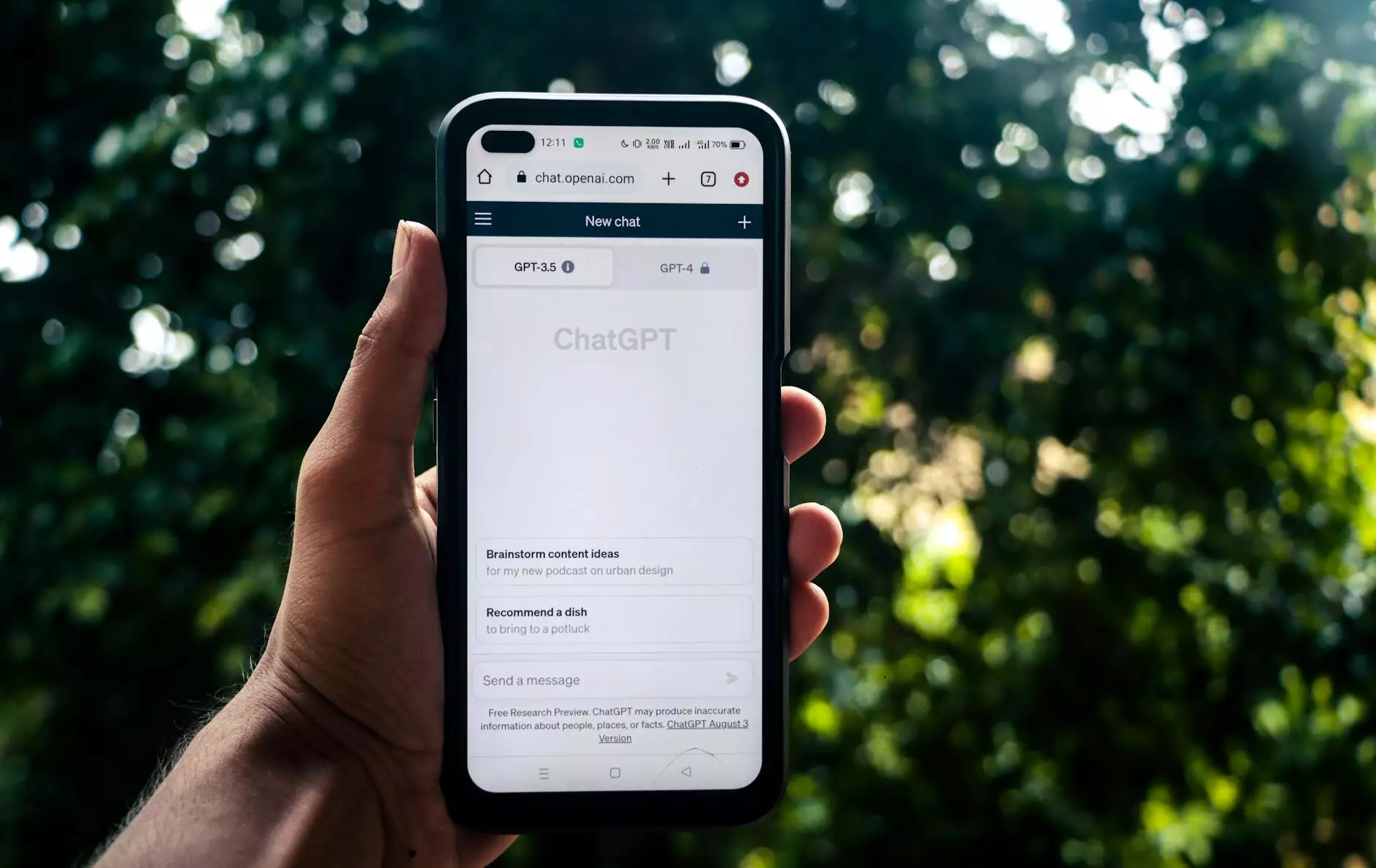How to Set SMART SEO Goals, KPIs and Reports?
Blog
Introduction
Welcome to Kimberly Ann’s Designs Studio, your go-to resource for expert advice on arts & entertainment, especially visual arts and design. In this comprehensive guide, we will walk you through the process of setting SMART SEO goals, tracking key performance indicators, and generating reports that will help you improve your website's search engine rankings.
Why Setting SEO Goals is Important?
As an artist or designer, it's crucial to have a strong online presence to showcase your work and attract potential clients. Setting SMART SEO goals will provide you with a clear roadmap towards optimizing your website for search engines.
The SMART Methodology
The SMART approach stands for Specific, Measurable, Achievable, Relevant, and Time-bound. By following this methodology, you can ensure that your SEO goals are well-defined, trackable, attainable, aligned with your business objectives, and have clear deadlines.
Specific Goals
Your SEO goals should be specific to your arts & entertainment website. For example, increasing organic traffic by 20% within the next six months or improving the website's visibility for relevant keywords in search engine results pages (SERPs).
Measurable Goals
It's important to set goals that you can measure objectively. Utilize tools like Google Analytics, Google Search Console, or other SEO platforms to track metrics such as organic traffic, keyword rankings, bounce rates, and conversion rates.
Achievable Goals
While it's great to aim high, it's equally important to set goals that are achievable within the given resources and timeframe. Consider your budget, available SEO expertise, and the competitiveness of your target keywords.
Relevant Goals
Your SEO goals should align with your business objectives. For an arts & entertainment website like Kimberly Ann’s Designs Studio, relevant goals could include improving brand visibility, attracting more clients, or increasing online sales of art pieces.
Time-bound Goals
Setting deadlines for your SEO goals will help you stay focused and track your progress. Break your goals down into short-term and long-term targets, such as monthly or quarterly milestones, to ensure steady growth.
The Key Performance Indicators (KPIs) to Track
To measure the effectiveness of your SEO efforts, you need to track relevant key performance indicators (KPIs). Let's explore some essential KPIs for an arts & entertainment website:
Organic Traffic
Measure the number of visitors coming to your website through organic search results. An increasing trend indicates that your SEO strategies are working.
Keyword Rankings
Monitor your website's rankings for target keywords. Climbing up the search engine rankings will drive more traffic and increase visibility.
Conversion Rate
Track the percentage of visitors who take the desired action on your website, such as filling out a contact form or making a purchase. A higher conversion rate means your SEO efforts are driving qualified traffic.
Bounce Rate
Measure the percentage of visitors who leave your site after viewing only one page. A lower bounce rate indicates that visitors find your content valuable and engaging.
Generating Comprehensive SEO Reports
Regular reporting is essential to evaluate the effectiveness of your SEO strategies. Here's how you can generate comprehensive SEO reports:
Set Reporting Periods
Determine the frequency of your reports, whether it's monthly, quarterly, or biannually. Consistent reporting allows you to identify trends and make data-driven decisions.
Include Key Metrics
Include the KPIs we discussed earlier – organic traffic, keyword rankings, conversion rate, and bounce rate. Present the data in a clear and visually appealing format, such as tables or charts.
Analyze Trends and Insights
Identify patterns and insights from your data. For example, if you notice a drop in keyword rankings, you might need to adjust your content strategy or optimize on-page elements.
Recommendations for Improvement
Based on your analysis, provide actionable recommendations to enhance your SEO performance. This could include optimizing meta tags, improving website speed, or creating fresh and engaging content.
Monitor and Adjust
Continuously monitor your SEO progress and make adjustments accordingly. SEO is an ongoing process, and staying proactive will help you consistently improve your search engine rankings.
Conclusion
Congratulations! You now have a solid understanding of how to set SMART SEO goals, track KPIs, and generate reports to optimize your arts & entertainment website's search engine rankings. Remember to follow the SMART methodology, regularly monitor your KPIs, and make data-driven decisions to stay ahead of the competition. Kimberly Ann’s Designs Studio is here to support your journey towards online success!




